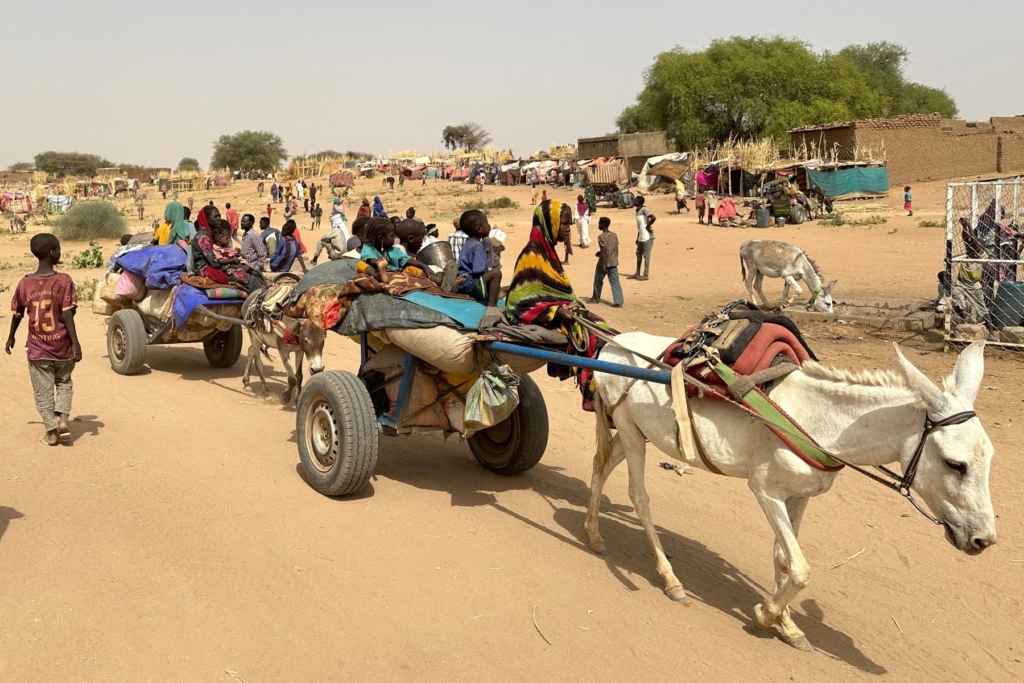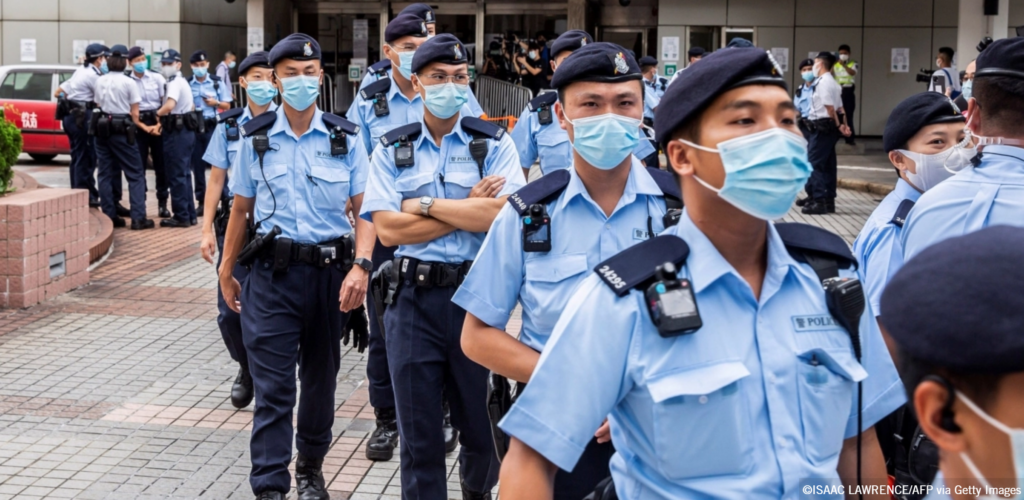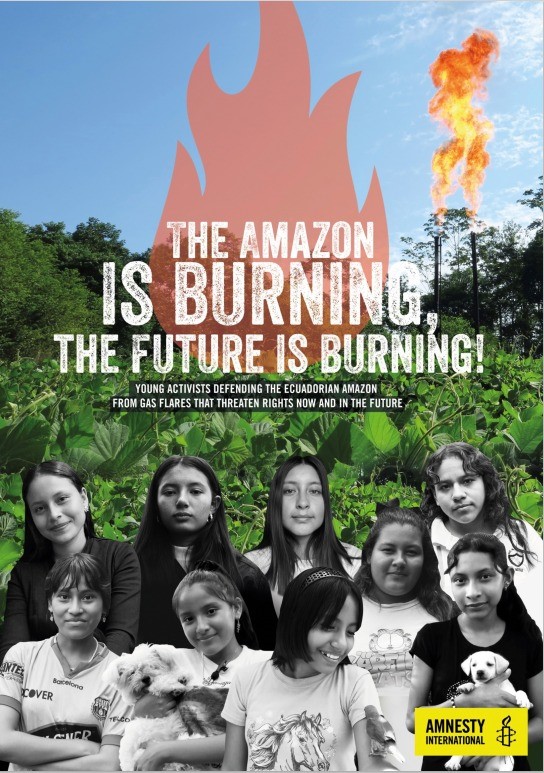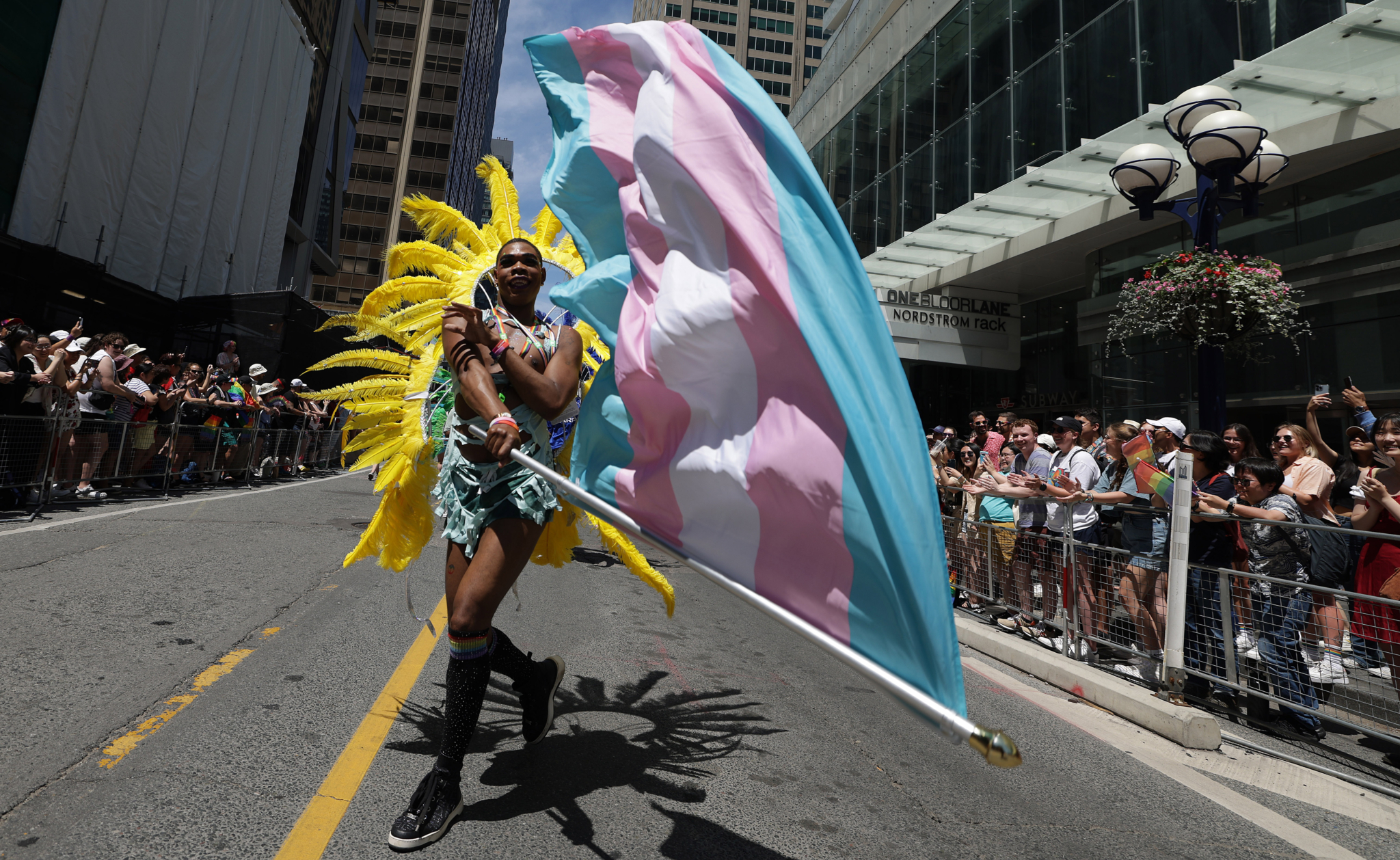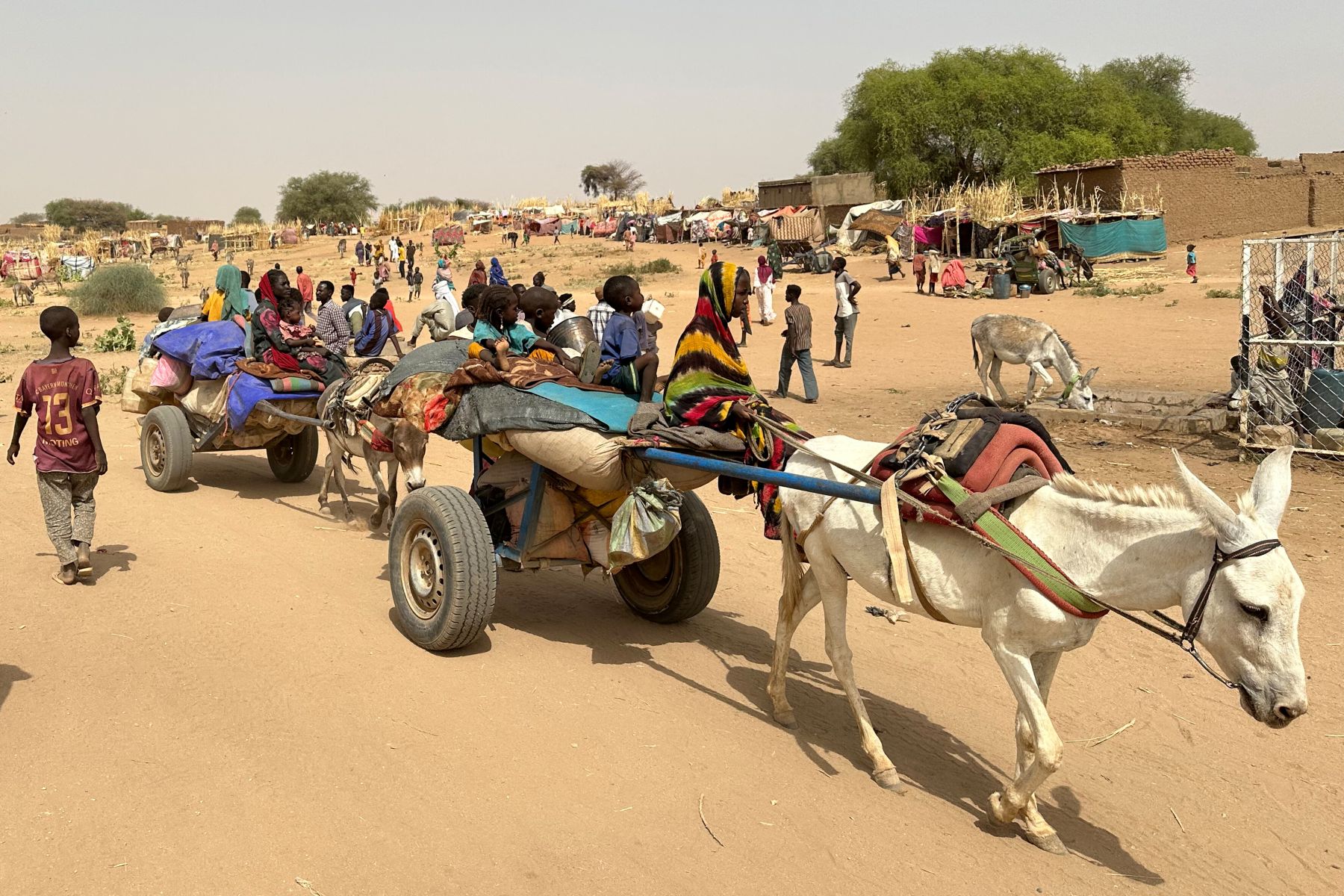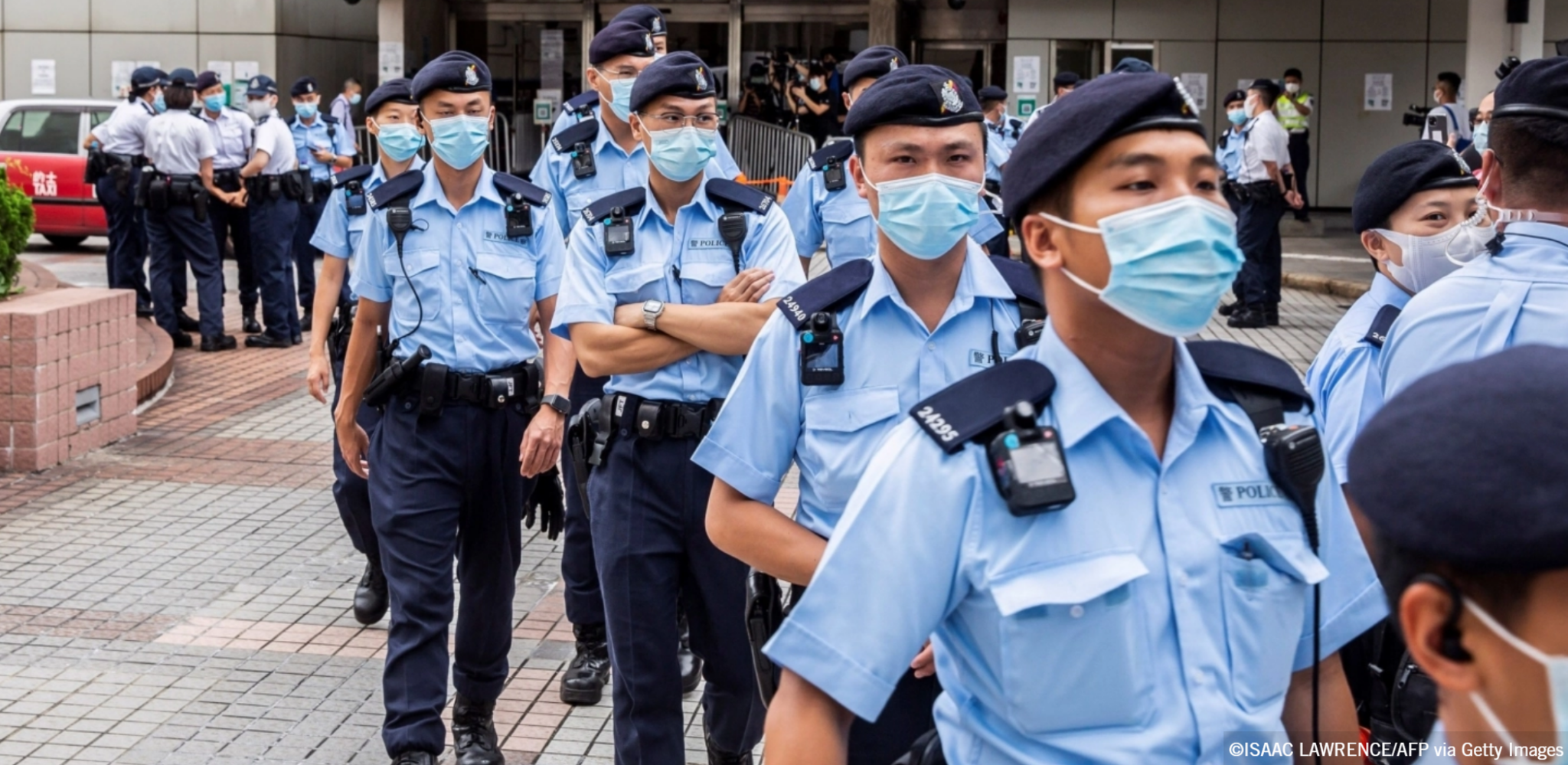Today’s Supreme Court ruling on logging at Grassy Narrows reaffirms important limitations on the power of governments in Canada to make decisions that could undermine the ability of Indigenous peoples to live off the land.
The court case was initiated by Grassy Narrows trappers whose traplines were threatened by clearcut logging licensed by the Ontario government.
In the original trial decision, an Ontario court concluded that – because of the terms of the Treaty and the particular history of the region – only the federal government, not the provincial government, has the authority to make decisions about development on the portion of the Grassy Narrows traditional territory called the Keewatin area.
The Supreme Court rejected this argument, concluding instead that the powers of the Crown to “take up” Treaty lands applied to the provincial government.
However, the Court also stated that the legal obligations and restrictions on Crown powers resulting from the Treaty must also apply to the province.
The Court stated, “The promises made in Treaty 3 were promises of the Crown, not those of Canada. Both levels of government are responsible for fulfilling these promises when acting within the division of powers under the Constitution Act, 1867.”
The Supreme Court ruling goes on to state that “the harvesting rights of the Ojibway over the land must be respected” and that any decisions by the province to permit logging or other development of the land must fulfill the standard of consultation and accommodation of Indigenous rights and interests that is now well-established in Canadian law.
This question of whether the province’s decisions to allow clear-cut logging at Grassy Narrows weres consistent with these legal obligations has not yet been addressed by the courts.
The Grassy Narrows First Nation has consistently opposed clear-cut logging in its traditional territory as incompatible with the ability of the community to hunt, trap, gather berries and carry out other traditional activities on the land. The culture and economy of Grassy Narrows has already been severely impacted by environmental contamination and other harms caused by federal and provincial policies.
In a statement released today, the Grassy Narrows Chief and Council stated, “Grassy Narrows is deeply committed to protecting the way of life of our people, upholding the rights guaranteed in Treaty 3 and providing a bright future for our members and we will continue to resist the expansion of unsustainable industrial logging in our territory.”
Amnesty International has taken the position that there should be no clear-cut logging or other large-scale industrial development at Grassy Narrows against the wishes of the people of Grassy Narrows. We believe that the province must meet this standard of free, prior and informed consent to fulfill the legal obligations affirmed in today’s Supreme Court decision.
Today’s decision is all the more reason why pressure must be maintained on the provincial government to live up to its human rights obligations to the people of Grassy Narrows.
Response by the Grassy Narrows Chief and Council
FAQ on the decision prepared by Grassy Narrows
















